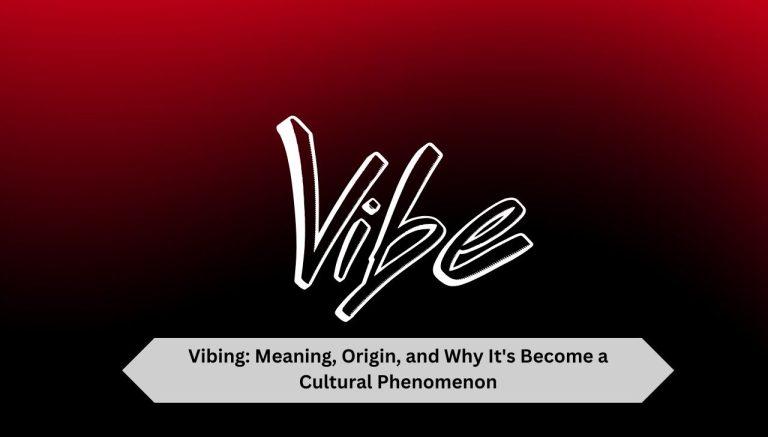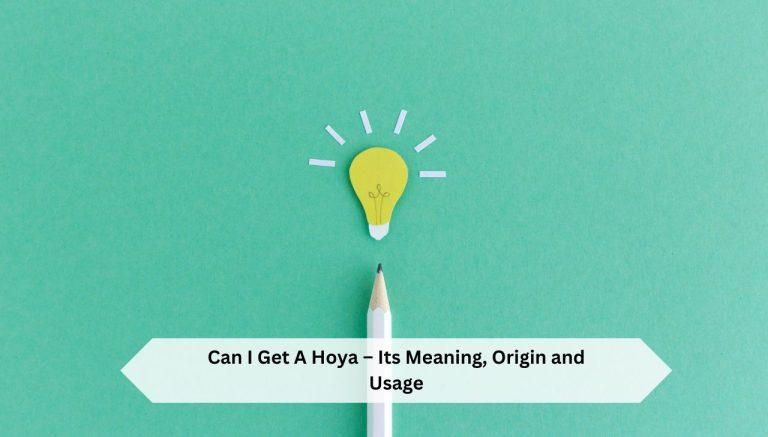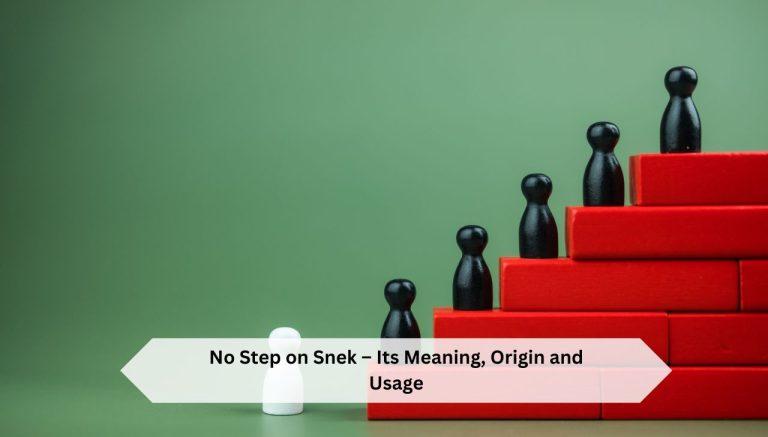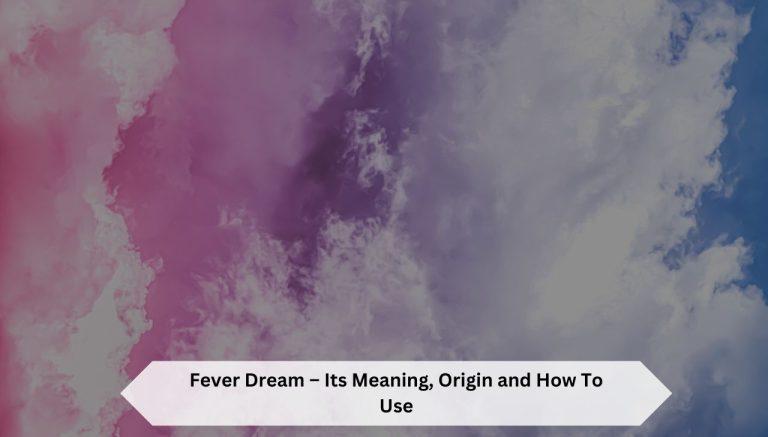23 Best Ways to Say “I Am Sorry to Hear That” Professionally
In my years of professional communication, I’ve learned that expressing sympathy appropriately can strengthen workplace relationships and show genuine support for colleagues during difficult times. When someone shares challenging news, saying “I am sorry to hear that” professionally demonstrates empathy and respect.
Today, I’ll share practical approaches to convey sympathy while maintaining professional boundaries.
23 Ways to Say “I Am Sorry to Hear That” Professionally

Before diving into specific phrases, it’s essential to recognize that showing support in the workplace requires a delicate balance. As members of the Community’s professional environment, we need words that convey genuine care while respecting professional boundaries.
My Sincere Condolences on Your Loss
This formal expression works perfectly when a colleague experiences a personal loss. I’ve found that adding “Please let me know if there’s anything I can do to help” makes this phrase more supportive. The key is delivery – speak slowly and maintain appropriate eye contact.
I’m Truly Saddened by This News
When bad news affects your team, this phrase shows genuine concern without overstepping. It’s Better Than a simple “sorry to hear” because it communicates authentic emotional investment while maintaining professionalism.
That’s Unfortunate to Hear
This measured response works well for minor setbacks or professional disappointments. It acknowledges the situation without dramatizing it. I often follow this with “How would you like to proceed?” to focus on solutions.
I Empathize With Your Situation
Sometimes, showing understanding means acknowledging difficulties without claiming to comprehend them fully. This phrase opens the door for the other person to share more if they wish while respecting their privacy if they don’t.
This News is Deeply Distressing

When facing severe workplace challenges, this phrase conveys appropriate gravity. It shows you recognize the significance without becoming overly emotional. The word “deeply” adds genuine concern to your response.
I’m Saddened to Learn About Your Recent Hardship
This expression works well when addressing both personal and professional challenges. It’s beneficial when you want to Appreciate Help while acknowledging someone’s difficult circumstances.
Please Accept My Deepest Sympathies
This traditional phrase carries weight and respect for formal situations involving loss. It’s appropriate for written communications and formal meetings where maintaining professional distance is crucial.
It’s Disheartening to Hear Such News
When projects face setbacks or teams encounter obstacles, this phrase acknowledges disappointment while maintaining focus on moving forward. It’s beneficial when dealing with Capital or Principal business challenges.
I Share in Your Sorrow
This phrase builds connection while respecting professional boundaries. It works well when you have a closer working relationship with the person affected.
That’s Very Regrettable to Hear

Perfect for situations where you need to acknowledge a problem while maintaining objectivity. It’s beneficial when discussing project setbacks or missed opportunities.
I Wish I Had the Right Words
Sometimes, honesty about finding perfect words shows more authenticity than a prepared phrase. This approach demonstrates genuine care while acknowledging the limitations of verbal comfort.
This Must Be a Tough Time for You
You show respect and support by recognizing someone’s challenges without presuming to understand completely. It’s a sorry to hear synonym that carries more weight and understanding.
Let Me Offer My Sincere Regrets
This formal expression works well in written communication or formal business settings. It maintains professional distance while showing appropriate concern.
I’m Disheartened to Hear About This Situation
When facing organizational challenges or team setbacks, this phrase acknowledges the impact while maintaining professionalism. It’s especially useful when you need to See Attached reports or documents about the situation.
I Regret Hearing About Your Loss

This formal yet caring expression works well in both written and verbal communication. It’s another effective sorry to hear that synonym that maintains professional boundaries.
That Must Be Really Challenging
This acknowledgment validates someone’s experience without presuming to understand it fully. It opens the door for further discussion while respecting privacy if preferred.
I Am Here for You During This Time
Offering support while maintaining professional boundaries shows both care and respect. This phrase works well when you have an established working relationship.
Please Know You’re Not Alone
In workplace challenges, feeling isolated can compound difficulties. This reminder of community support helps while keeping interactions professional. It’s very important that someone does not misunderstanding you.
If There’s Anything I Can Do to Help

This practical offer of support should only be made when you can genuinely assist. It’s better to leave it Blank than to make promises you can’t keep.
That’s Really Tough
Sometimes, simple acknowledgment works best. This straightforward phrase shows you recognize the difficulty without overcomplicating the response.
Your Resilience is Admirable
Recognizing someone’s strength in facing challenges can encourage while maintaining professional distance. This phrase works exceptionally well when supporting team members through ongoing difficulties.
It Pains Me to Hear You’re Going Through This
This personal yet professional response shows genuine concern while keeping appropriate boundaries. It works well when you have a closer working relationship with the affected person.
I’m Here to Listen
Sometimes, the best support is simply being available to hear someone out. This phrase offers support while respecting professional boundaries.
Conclusion
Expressing sympathy professionally requires balancing genuine concern with workplace-appropriate boundaries. Whether you use “I am sorry to hear that” or any of these alternatives, the key lies in authentic delivery and follow-through with offered support.
Actions often speak louder than words – consistently supportive through difficult times matters more than choosing the perfect phrase. Maintaining professionalism while showing genuine care creates more robust, supportive workplace communities.
FAQs
How do I professionally say “I am so sorry”?
“I sincerely apologize for this situation” conveys genuine remorse professionally. In formal settings, “Please accept my deepest apologies” demonstrates sincere acknowledgment of responsibility.
What’s another way to say “I’m sorry to hear”?
“That must be difficult” shows empathy while staying professional. You can also say “I truly sympathize with your situation” or “What unfortunate circumstances.”
How do you say I’m sorry in a formal way?
“I take full responsibility and apologize for my actions” maintains professionalism. “I deeply regret any inconvenience caused” works well in business correspondence.
How do I formally apologize?
Keep it concise and specific: “I apologize for [specific action].” Avoid over-apologizing. Be sincere, take responsibility, and focus on how you’ll prevent future issues.







